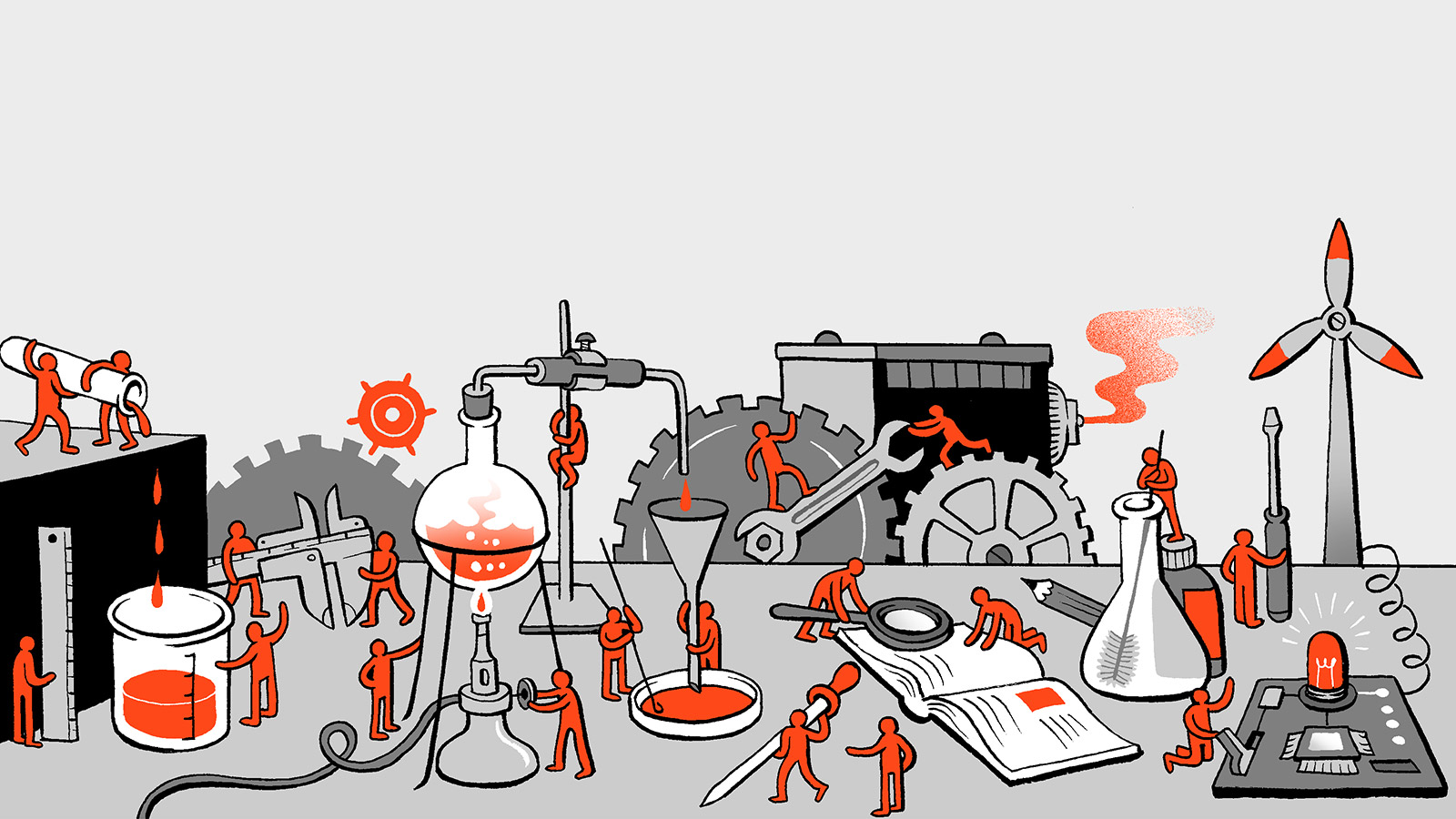What we learn from Vietnam (not only directly from Vietnam, but from the fact of working together for Vietnam) is useful in our everyday political activity, modifies our relation to scientific work, opens a new, critical frame for our past experiences as scientists. It gives us a number of new dimensions in which to...
Category - No 6
Detente is a policy on the part of the superpowers to suppress genuine liberation movements, and revolutionary movements, to better manage and exploit the working classes of their own countries, and to carve out spheres of interest between the two of them throughout the world.
Last May the Science Teaching Group was asked to participate in the Great American Food Act, a festive day on the Boston Common, devoted to the food crisis. In line with other current crises, in ecology, energy, war, and unemployment, this year it was food. We wished to expose this crisis as symptomatic of the...
That exposure to chemicals leads to cancer in humans has been know for two hundred years. In 1775 a British physician noted the high incidence of cancer among chimney sweeps, and correctly attributed it to their exposure to coal tar and soot. Since then a vast body of evidence has accumulated showing that many...
This paper is addressed to people interested in agriculture and agricultural policy in relation to food production problems in the world today. In our opinion, many articles which attempt to discuss food production problems fall into two disjoint categories:
A new wave of technological change is gathering. Only this time it threatens to be more than a new arrangement of control systems and conveyors. The “robot” is finally upon us and may condemn to the scrap heap people who are working not only in factories but in offices and in various service industries formerly...
In this issue, the familiar theme of the applications and development of science in our society is followed in two groups of articles. The first group deals with some of the dangerous ways in which scientific results can be loaded for and applied to increase the profit of big business, the exploitation of the working...
In a similar fashion, the theories put forth by the sociobiologists and their predecessors help to support maintenance of the status quo and to convince people that revolutionary changes in social relationships (e.g. class structure and sex roles) are impossible. One way we see this done is by the rapid incorporation...


